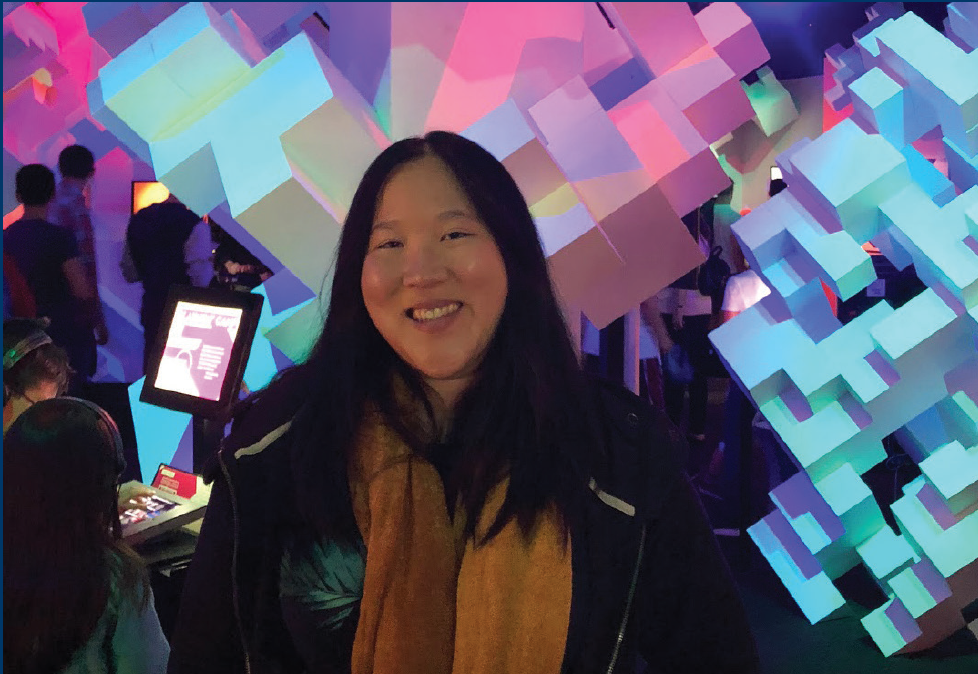Citizen Clinic, a unique program launched two years ago at the UC Berkeley School of Information, received an infusion of grant support from Craig Newmark Philanthropies to expand and refine its unprecedented work training students to provide digital safety assistance for politically targeted organizations, and creating new pathways for women in cybersecurity careers.
The $275,000 grant from Craig Newmark Philanthropies will help develop a variety of resources — including workshops and training curricula — to make the clinic model and methods more accessible to other organizations, including universities that want to build their own clinics, as well as NGOs and technical assistance providers that want to duplicate the Citizen Clinic’s successful practices.
Online threats such as phishing, spyware, surveillance, trolling and disinformation campaigns are rapidly proliferating. Public-interest and civil society organizations — including human rights groups, journalists, and non-governmental organizations — are especially vulnerable.
Since its founding in 2018, Citizen Clinic has trained over 60 students and worked with ten global partner organizations to directly address digital information threats and to help build capacity for cybersecurity self-defense. With the support of Craig Newmark Philanthropies, the clinic will grow its client base, helping more organizations to focus on their core mission and services, while training new cohorts of students — at least half of whom are women — through its experiential learning model.
“The Clinic provides digital safety support tailored to the specific missions and context of our partners in civil society, while teaching valuable skills to students who are entering a global workforce with a shortage of cybersecurity expertise,” says Sean Brooks, director of Citizen Clinic. “The support from Craig Newmark Philanthropies is an exciting endorsement of our model, and an amazing opportunity to scale our work. This grant will deepen our ability to provide quality security assistance to NGOs and broaden the pipeline of skilled public-interest technologists.”
Citizen Clinic, part of UC Berkeley’s Center for Long-Term Cybersecurity, has attracted students from a diverse range of academic programs, including law, computer science, public policy, information management, and journalism. In 2020, the Clinic will tailor specific training methods to the journalism community to improve the state of security practice in open-source investigations.

Alumna Lily Lin cites her Citizen Clinic experience as an important stepping stone to her current position as a program manager at Microsoft’s Search Assistance and Intelligence group. “Citizen Clinic gave me the skills and confidence to be a better advocate for users and socially conscious products,” she said.
Other Citizen Clinic alumni have gone on to work with public institutions, advocacy organizations, large law firms, and other major technology companies, including IBM Security and Google.
Land is Life — a global network of indigenous communities focused on land rights preservation — has worked with Citizen Clinic students over the last two years to address cybersecurity vulnerabilities, including stopping a disinformation campaign in its tracks. “It’s wonderful that, with Craig Newmark’s support, more organizations can benefit from the increased safety and cybersecurity capacity that Citizen Clinic provides,” said Casey Box, executive director of Land is Life.










